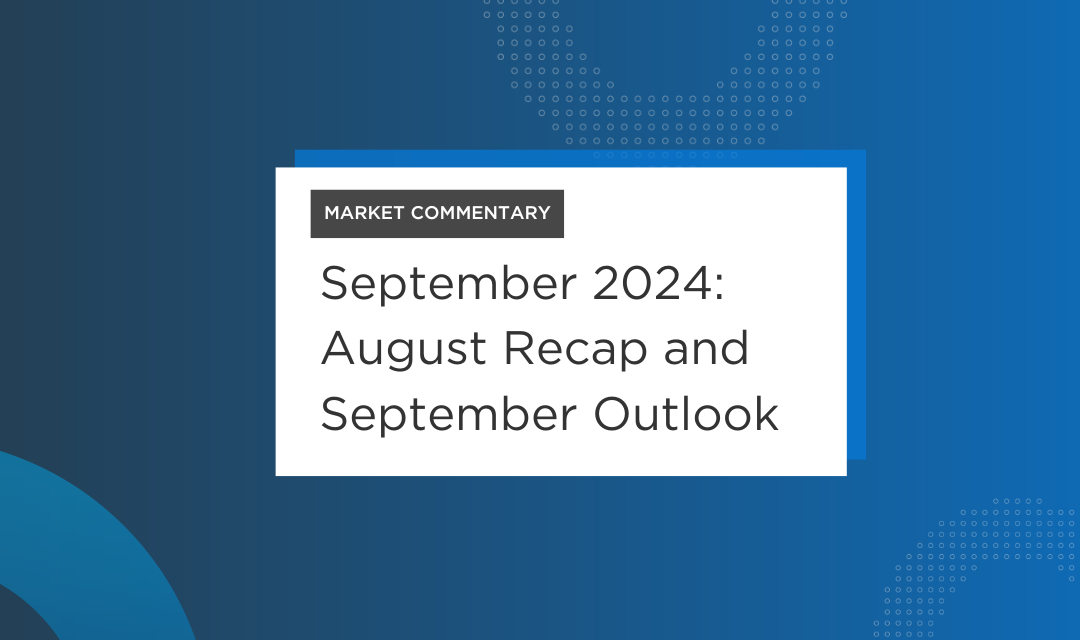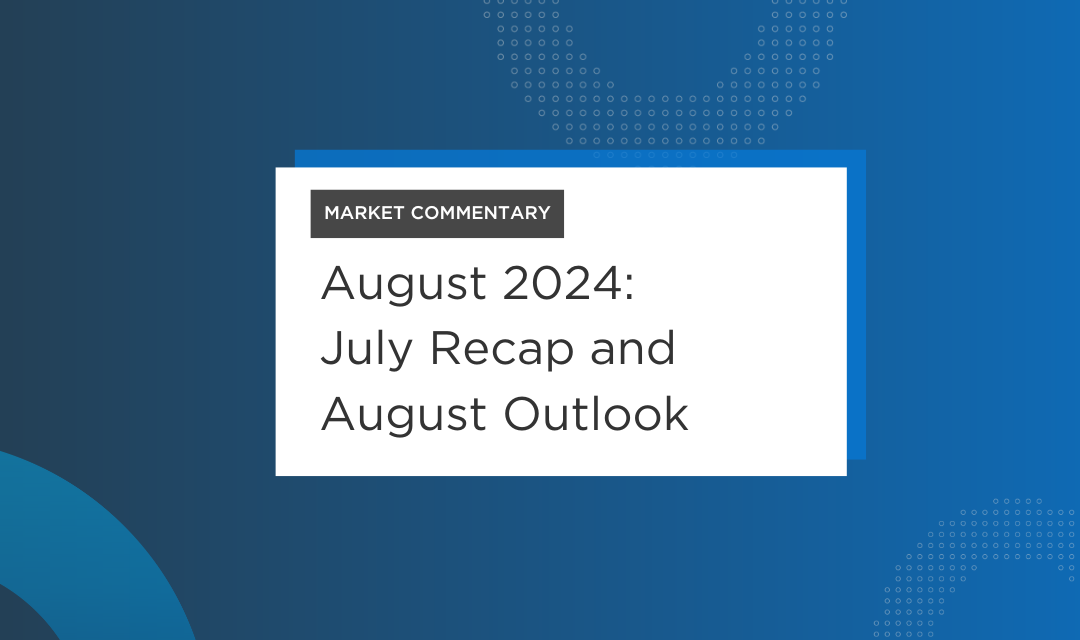As you approach the exciting chapter of retirement, envision days filled with relaxation, newfound freedoms, and a break from your daily routine. While this transition promises a world of adventure, it’s important to set the stage for a smooth and secure retirement by making savvy financial choices. In this comprehensive guide, we’ll uncover the essential money moves to consider during the crucial years leading up to your retirement. Our aim is to provide you with a clear roadmap that empowers you to make informed decisions for your financial future.
Reevaluate Your Budget and Set Realistic Goals
Building a solid retirement plan begins with understanding your financial landscape. Take a close look at your monthly budget, assessing your spending on essentials like housing, utilities, groceries, transportation, and even leisure activities such as entertainment and dining out. This detailed analysis forms the foundation of a robust financial plan that aligns with your aspirations.
Consider where your retirement income will originate. This may include Social Security, pensions, and the savings you’ve accumulated in retirement accounts like 401(k)s, 457(b)s, 403(b)s, and IRAs. Gauge the funds you can expect from these sources, and explore supplementary income avenues such as part-time work or renting assets.
The key is to find the balance between your anticipated expenses and income. By setting practical retirement goals tailored to your dreams, whether they involve travel, hobbies, or simply enjoying your home, you create a strong financial framework to guide your journey.
Maximize Retirement Contributions
Crafting a strategy for retirement contributions might sound complicated, but it’s akin to charting a course to boost your savings as retirement draws near. While there are limits to the amount you can contribute to retirement accounts set by the government each year, there’s a powerful tool available if you’re 50 or older – “catch-up” contributions. Think of this as a turbocharge for your retirement savings.
For instance, a regular 401(k) allows you to put away up to $22,500 in 2023. However, if you’re 50 or older, you can go the extra mile and add an additional $6,500 as a catch-up contribution. Similarly, traditional IRAs typically have a contribution limit of $6,000, but if you’re 50 or above, you can make an extra contribution of $1,000.
By utilizing catch-up contributions, you have the potential to considerably boost your retirement savings, bridging the gap between your current financial status and the comfort you desire in your retirement years.
Diversify Your Investment Portfolio
As you approach retirement, finding the right balance between risk and reward becomes essential. Imagine aiming for the perfect blend. One excellent approach is diversification, where you distribute your investments across various assets such as stocks, bonds, and real estate. This ensures that a setback in one area doesn’t negatively impact your entire portfolio.
While it’s tempting to play it safe, being overly cautious can hamper your money’s growth potential and make it challenging to tackle rising costs. This is where a financial advisor comes into play. They function as your financial coach, helping you determine the optimal mix of investments based on your risk tolerance, time horizon, and retirement dreams. Think of it as designing a custom strategy just for you.
Pay Down Debts
Entering retirement with heavy debts can cast a shadow on your financial security and hinder your enjoyment of this new chapter. Especially watch out for high-interest debts – they can eat into your retirement income and limit your newfound freedom.
A smart strategy involves focusing on high-interest debts first and paying them down quickly. While you continue with minimum payments on lower-interest obligations, such as mortgages, channel your efforts towards eliminating those larger, high-interest debts. The objective is to start your retirement journey with minimal debt, granting you the financial flexibility to embrace the experiences and activities you’ve been dreaming of.
Explore Healthcare Options
With age, healthcare costs often increase. That’s why it’s vital to plan for healthcare during retirement. One critical aspect is Medicare, the government’s health insurance program for those aged 65 and above. Yet, understanding its nuances can be like solving a puzzle.
Medicare is made up of different parts. Part A covers hospital care, Part B addresses medical services, and Part D deals with prescription drug coverage. However, there might be gaps in coverage. To fill these gaps, consider supplemental plans such as Medigap or Medicare Advantage.
Additionally, long-term care insurance is worth considering. This type of coverage can provide financial assistance for potential assisted living or nursing care needs that may arise during your retirement years, offering an added layer of security.
Develop a Withdrawal Strategy
Transitioning from saving money to using it during retirement requires a thoughtful approach to withdrawing funds. Think of it as a plan for spending your retirement savings. The 4% rule is a commonly discussed guideline. It suggests withdrawing 4% of your initial retirement portfolio balance in the first year, with adjustments for inflation in subsequent years.
However, remember that this rule isn’t one-size-fits-all. Its effectiveness can be influenced by market performance, inflation rates, and your unique circumstances. Seeking guidance from financial experts is invaluable here.
Plan for Taxes
Even in retirement, taxes remain a factor in your financial landscape. Planning ahead to manage taxes is a key consideration. Some retirement income might not be taxed, but others could still incur a tax liability. Social Security benefits, for example, might be subject to taxation if your combined income surpasses a specific threshold.
Withdrawals from traditional retirement accounts, like traditional IRAs and 401(k)s, usually result in income taxes. In contrast, Roth IRAs provide tax-free withdrawals due to their after-tax contribution structure.
Working alongside professionals such as tax advisors and financial experts can help you create a savvy tax strategy, allowing you to make the most of your retirement income.
In Conclusion: Embrace Your Retirement Journey with Confidence
The final years leading up to retirement offer a golden opportunity for strategic financial adjustments. By carefully reviewing your budget, maximizing contributions, diversifying investments, reducing debts, exploring healthcare options, devising a withdrawal plan, and strategizing for taxes, you equip yourself with the tools to navigate the uncharted waters of retirement with confidence.
While the road to retirement is a personal expedition, our team of skilled advisors is here to offer personalized guidance. With their experience, you’ll embark on this new chapter fully prepared and positioned for a future characterized by financial well-being and contentment. Your retirement adventure awaits – let’s make it extraordinary!
DISCLOSURES
Investment advisory services offered through TCG Advisors LLC, a HUB International company, an SEC registered investment advisor. Insurance Services offered through HUB International. Tax services offered through RPW Solutions. Although the information in this blog has been compiled from data considered to be reliable, the information is unaudited and is not independently verified.
Tax services offered through RPW Solutions. TCG Advisors does not provide tax, legal or accounting advice. This presentation was prepared for information purposes only, and is not intended to provide, and should not be relied on for, tax, legal or accounting advice. You should consult your own tax, legal and accounting advisor before engaging in any transaction.
Any information is for illustrative purposes only and is not intended to serve as investment advice since the availability and effectiveness of any strategy is dependent upon your individual facts and circumstances.
As with any investment strategy, there is potential for profit as well as the possibility of loss. TCG does not guarantee any minimum level of investment performance or the success of any portfolio or investment strategy.
All investments involve risk and investment recommendations will not always be profitable. Past performance is no guarantee of future results. Investment returns and principal values of an investment will fluctuate so that an investor’s investment may be worth more or less than its original value.
This website is not authorized for use as an offer of sale or a solicitation of an offer to purchase investments. This website is for informational purposes only and does not constitute an offer to sell, a solicitation to buy, or a recommendation for any security, or as an offer to provide advisory or other services in any jurisdiction in which such offer, solicitation, purchase or sale would be unlawful under the securities laws of such jurisdiction. TCG.174.2023



